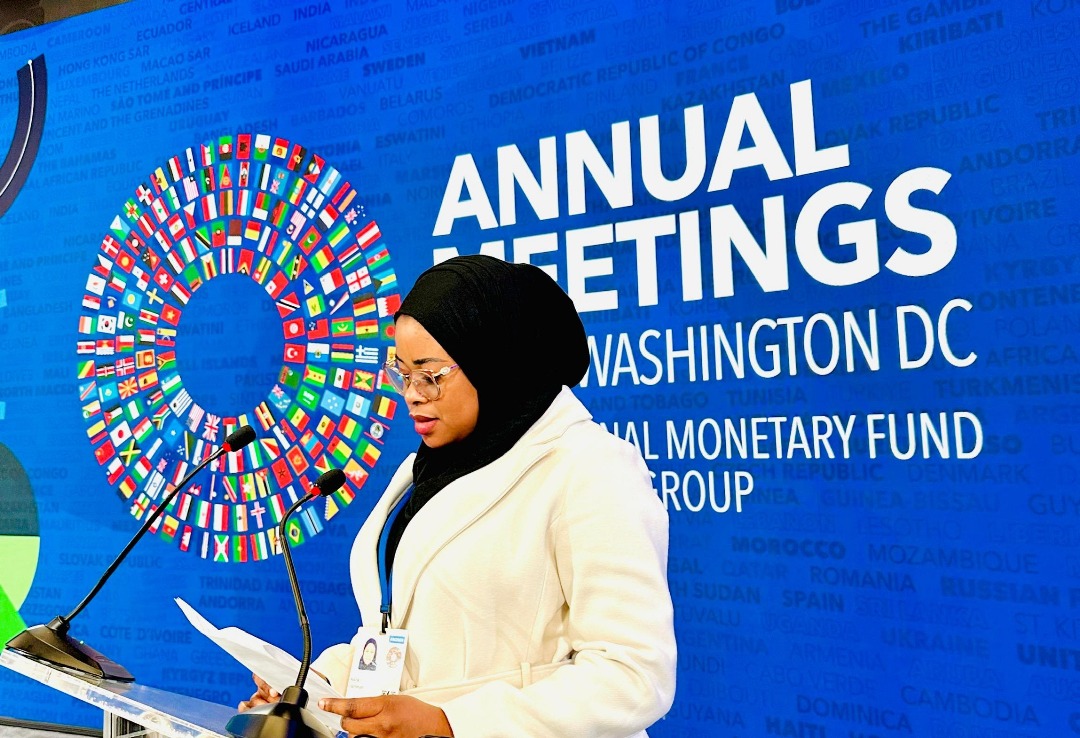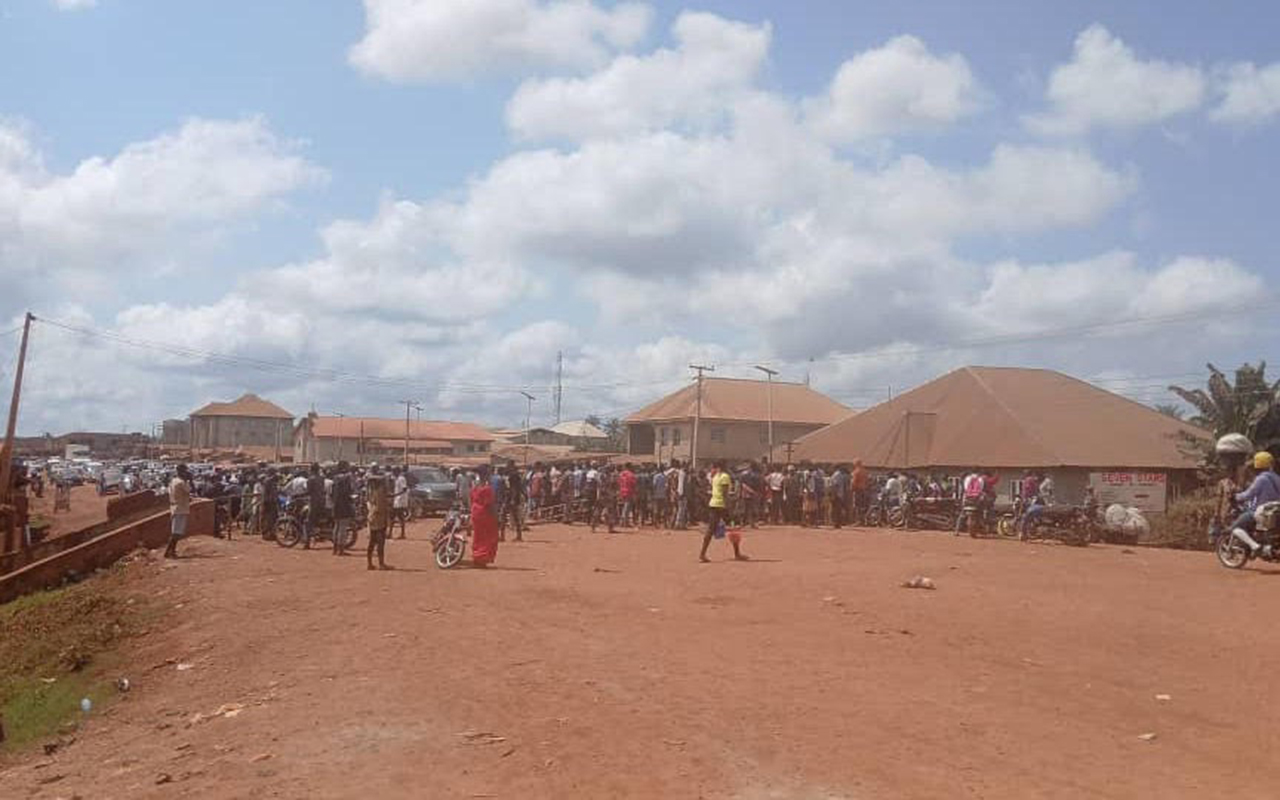Aisha Hamman, Nigerian lawyer and Executive Director of the Lift Africa Foundation, has called on African leaders to demonstrate stronger political will and institutional accountability in addressing the continent’s youth unemployment crisis.
Speaking at the 2025 World Bank–International Monetary Fund (IMF) Civil Society Policy Forum in Washington D.C., Hamman said unemployment in Africa is not merely an economic challenge but a governance and investment issue.
She noted that while governments have launched numerous youth employment policies, few have yielded tangible results. “Africa must move from policy papers to implementation pipelines,” she said, stressing that progress must be driven by data, delivery, and accountability rather than political rhetoric.
Hamman proposed the establishment of national youth employment delivery units to coordinate key ministries — including education, labour, innovation, and finance — for measurable outcomes. She also urged governments to reimagine development financing by supporting community-based enterprises and innovation hubs that empower young Africans to create sustainable livelihoods.
She further called for stronger collaboration between the public and private sectors, emphasising that training initiatives must align with industry needs to bridge the gap between education and employability.
In addition, Hamman highlighted the importance of including local governments and traditional institutions in co-designing grassroots solutions that prioritise youth and women-led initiatives, alongside transparent systems that track real outcomes such as the number of young people in meaningful jobs.
Referencing successful models such as Kenya’s Ajira Digital Programme and Nigeria’s Andela and Flutterwave, she said Africa had already demonstrated the capacity to produce scalable, youth-driven innovations but required governance systems to sustain them.
“Africa is not just consuming innovation — we are exporting talent, not tragedy,” Hamman said. “Our future depends on aligning governance, skills, and enterprise with the realities of a new global economy.”
Under her leadership, the Lift Africa Foundation has continued to promote inclusive governance, social accountability, and civic empowerment through programmes that strengthen institutions and expand opportunities for young Nigerians.






